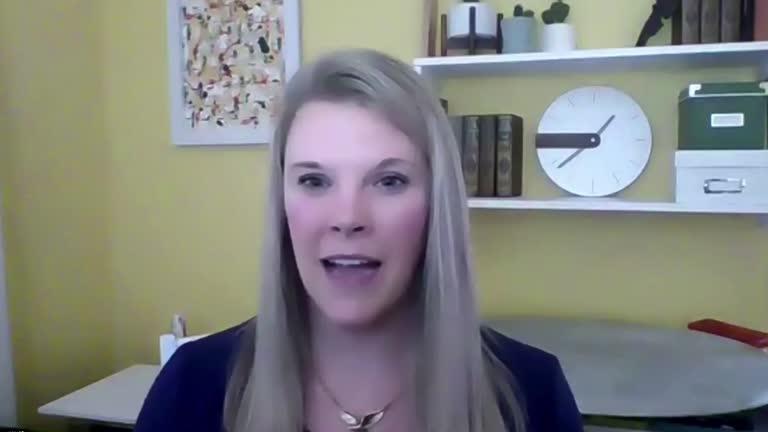Less than two weeks before the Aug. 9 primary election, Racine County Sheriff Christopher Schmaling called on Wisconsin election officials to immediately suspend a major portion of the state-run absentee ballot program. He also requested an immediate statewide investigation based on an alleged serious threat to voter integrity.
The Racine County Sheriff’s Office stated on social media that it was acting in response to citizen complaints that reported “apparent vulnerabilities to fraudulent voting within the state’s website MyVote Wisconsin.”





